The Expert’s Guide To Insulating a Metal Building
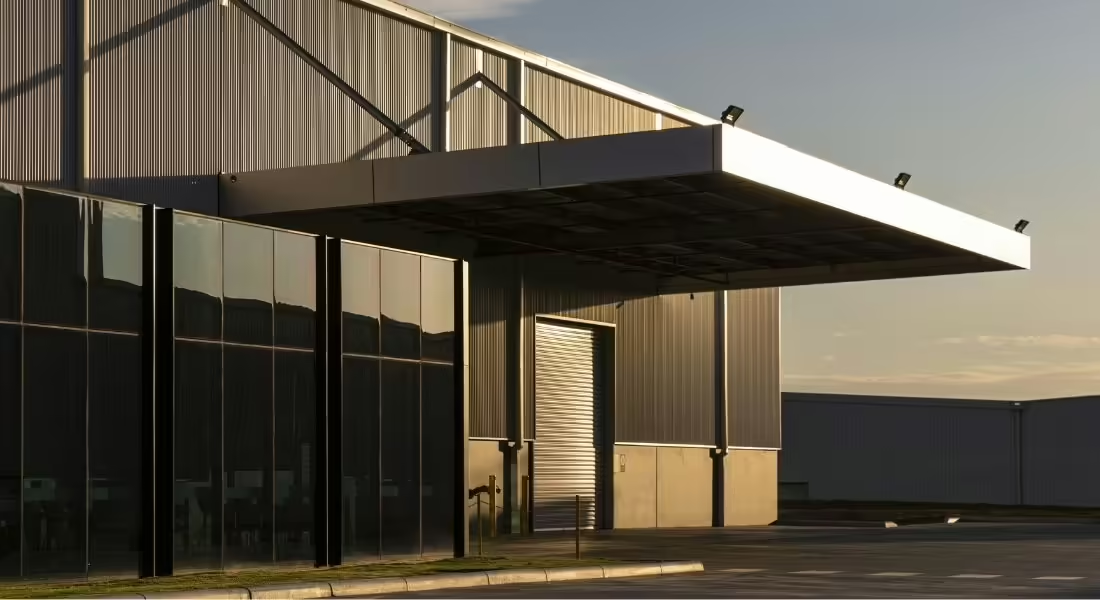
A high-quality insulation solution is a game-changer for any building, but it’s particularly effective in metal structures. Metal is a highly efficient conductor of thermal energy. If you’ve ever been in an uninsulated metal building on an extremely hot or cold day, you know that the material does little to regulate temperature and keep extreme temperatures out.
Despite this flaw, metal buildings are incredibly durable and make excellent structures. That’s why contractors are so set on finding ways to insulate metal buildings and turn them into structures that are durable, comfortable, and energy-efficient.
Which materials work best when insulating metal buildings? What challenges do you have to look out for during the process? Learn all this and more with our expert’s guide to insulating a metal building.
The Importance of Insulating Metal Buildings
One of the main benefits of insulating any building is the improved temperature regulation and energy efficiency. While this is a crucial reason to insulate, there are other perks to outfitting your metal structure with a durable and effective insulation solution.
Maintaining a Comfortable Temperature
As we mentioned above, metal conducts temperature incredibly well. Have you ever accidentally touched a hot pan? What about getting into your car on a frigid winter day? Metal alone does very little to keep extreme temperatures at bay and regulate the ambient temperature within a structure. Furthermore, older metal structures often don’t follow modern building codes. To keep these buildings up to date, contractors must find insulation solutions that help regulate internal temperatures.
Preventing Moisture Problems
In addition to regulating temperature, a good insulation solution helps prevent moisture issues within a building. One of the greatest moisture issues that metal buildings face is condensation. When external and internal temperatures are at odds with each other, condensation can gather on the metal structure. This moisture can cause rust and corrosion on the metal, weakening the building and reducing its structural integrity over time. Because of this, metal buildings must balance effective insulation with proper ventilation. This is why contractors must consider the water resistance of an insulation material before using it. Vapor barriers and other innovations can also help prevent moisture issues in a building’s insulation.
Sound Absorption
Metal reflects sound very well, which means metal structures have very poor soundproofing. This proves to be particularly troublesome in structures like warehouses and workshops, where noises from workers and heavy machinery echo throughout the building. Fortunately, various insulation materials work well for soundproofing structures. This helps prevent sounds from bouncing and echoing throughout the interior of the building. It also works well to keep noise inside, making the building less disruptive to other people and structures in the area.
Best Materials for Insulating Metal Structures
There’s no doubt that insulation improves a metal building, but what kind of material works best? Every structure has different needs, which is why there are different insulation materials for contractors to use. All forms of insulation come with benefits and drawbacks. Contractors use these details to decide which materials work best for each project. Read on in our guide to insulating a metal building to learn more about each of these insulation solutions.
Fiberglass Batts
Fiberglass batts and rolls are sheets of fiberglass insulation. This insulation option is affordable and accessible, making them one of the most common insulation choices. Like other forms of fiberglass, batts are an effective means of absorbing sound, regulating internal temperature, and improving energy efficiency. Fiberglass batts are great on exterior walls and in attics. In metal buildings that have no vapor barrier, contractors should look for fiberglass batts that have a laminated or water-resistant facing.
Rigid Board Insulation
Another common and effective insulation solution is rigid board insulation. This insulation consists of large, rigid sheets of material—usually fiberglass, polyurethane, or polystyrene—that contractors place against the walls. It’s easy to cut rigid board insulation to size, making it a versatile insulation solution that fits well in a wide range of structures and designs. Rigid board insulation is also moisture resistant, making it a useful tool when preventing condensation and other related issues.
Insulated Metal Panels
Insulated metal panels are exactly what they sound like: the insulation is built into the panels that make up the walls of the structure. This simple yet sophisticated design is an attractive and long-lasting solution. However, insulated metal panels require specialized equipment and collaboration between the insulation contractor and the building manufacturer. Because of this, insulated metal panels are usually a more expensive solution. That said, this is a great choice when building new metal structures.
Spray Foam Insulation
Polyurethane spray foam has grown in popularity over the last several years. This insulation solution works well when insulating between the walls, in small, inaccessible areas, or around nooks, crannies, corners, and other irregular designs. The expanding spray foam works well to regulate temperature and absorb noise. Spray foam insulation is also incredibly durable if taken care of properly. This makes it an effective and lasting solution in metal structures.
Installing Insulation in Metal Structures
Unless you’re constructing a new building entirely, you’ll likely need to retrofit your insulation onto a pre-existing structure. As such, contractors need to keep a couple of things in mind. The trick to retrofitting insulation is to be as minimally invasive as possible. That’s why flexible solutions that you can easily fit onto existing walls—like rigid board insulation or spray foam—are ideal.
You also need to think about the ventilation of the building. Is there a vapor barrier in place? Is your insulation material moisture-resistant?
Finally, pay special attention to the roof of the metal structure. Insulating the roof prevents condensation, corrosion, and other harmful effects that can ruin the interior and exterior of your building. Spray foam insulation is a versatile and durable solution for coating your roof and keeping the entire building safe.
Insulation Helps Your Metal Building Last
Insulation goes beyond making a building more comfortable for its occupants. An effective and durable insulation solution prevents damage to your building and can make a metal structure last much longer. If you’re looking for ways to improve your metal building, look no further than the friendly experts at Paragon Protection. Our team of spray foam insulation contractors in Lake Zurich offers experienced advice, friendly service, and lasting solutions for you and your building. Learn more about our services by visiting Paragon Protection today.
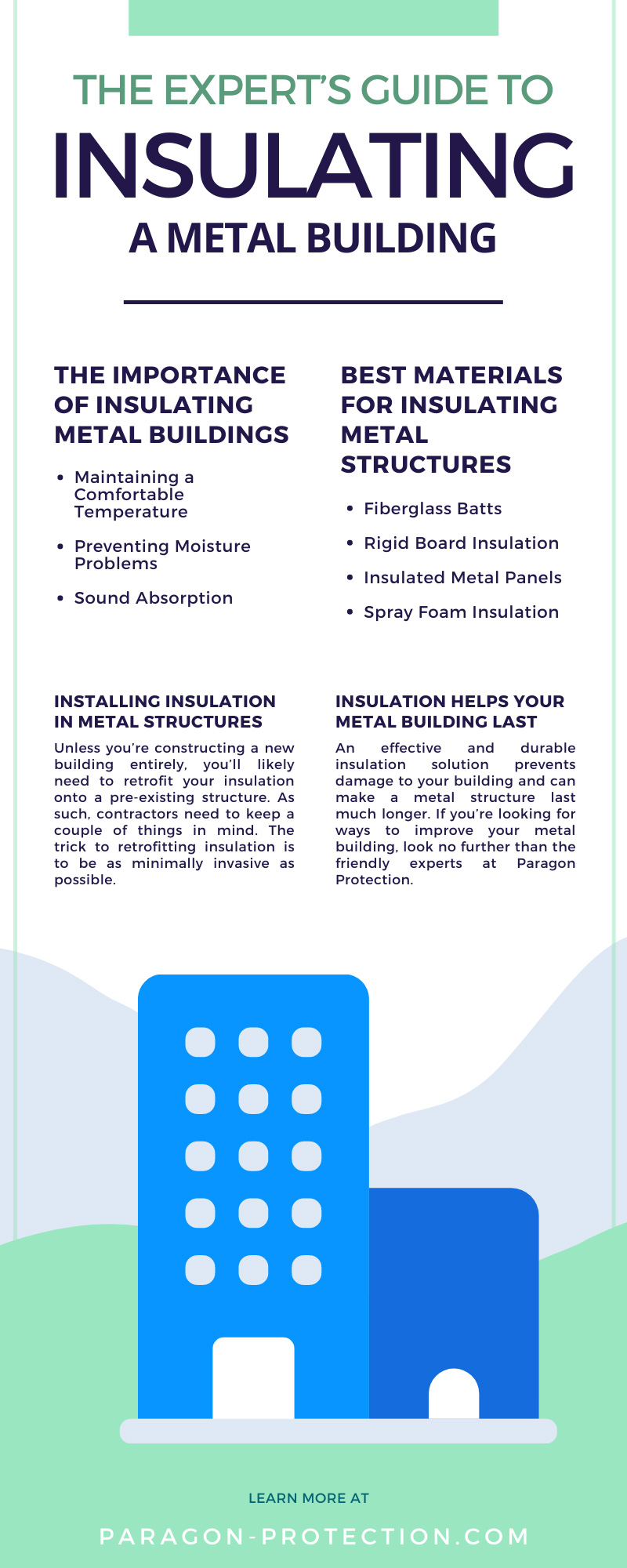

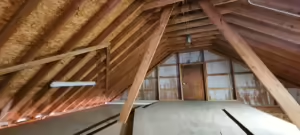
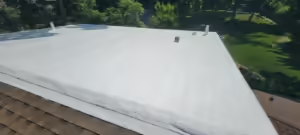
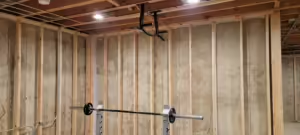
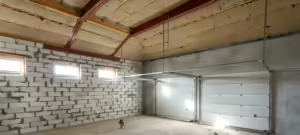

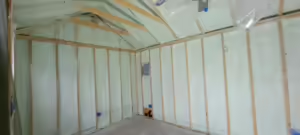
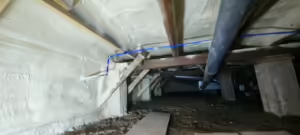
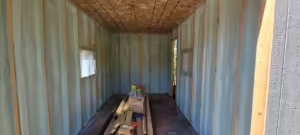
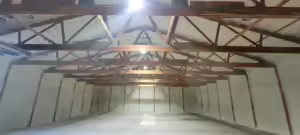


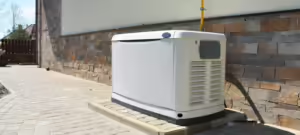
 Professional Insulation Services
Professional Insulation Services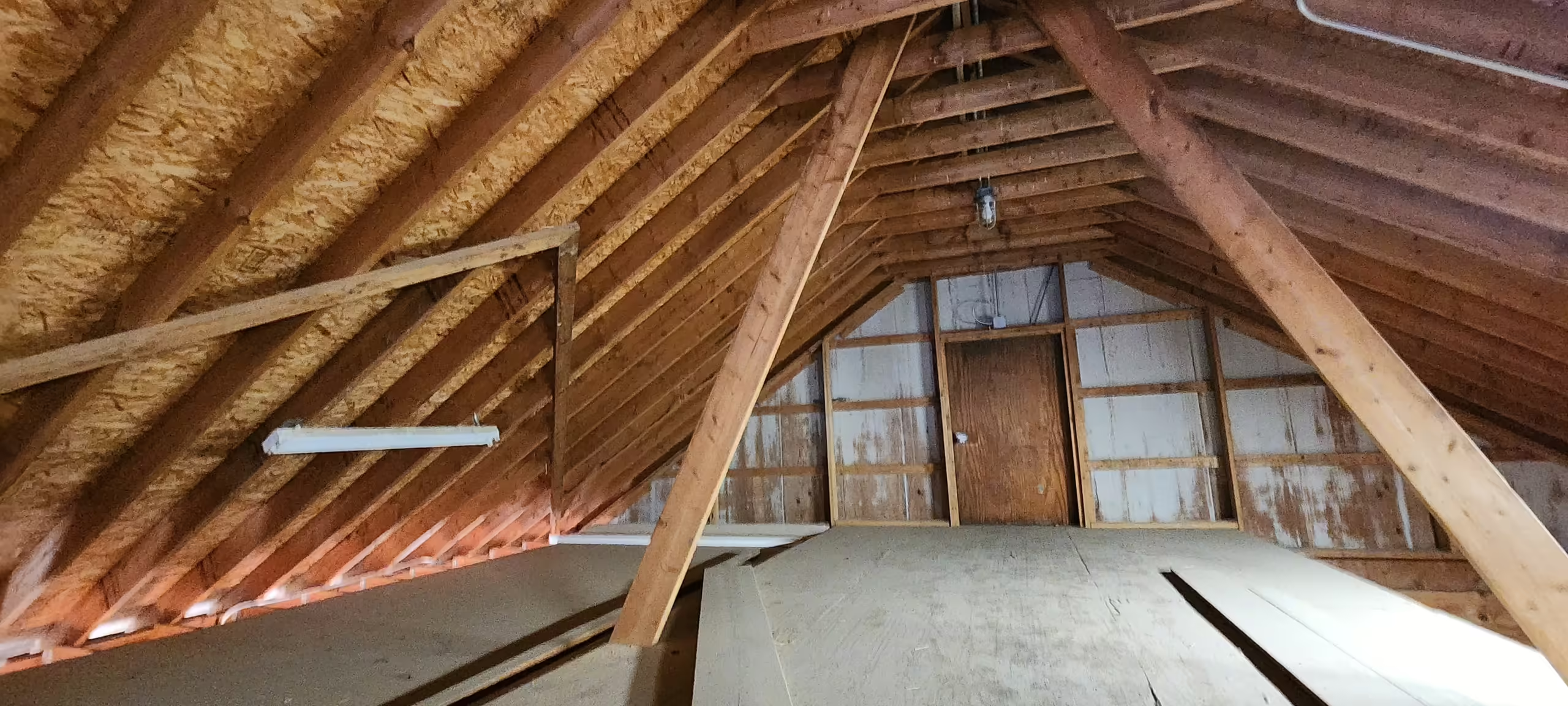 Attic Insulation Services
Attic Insulation Services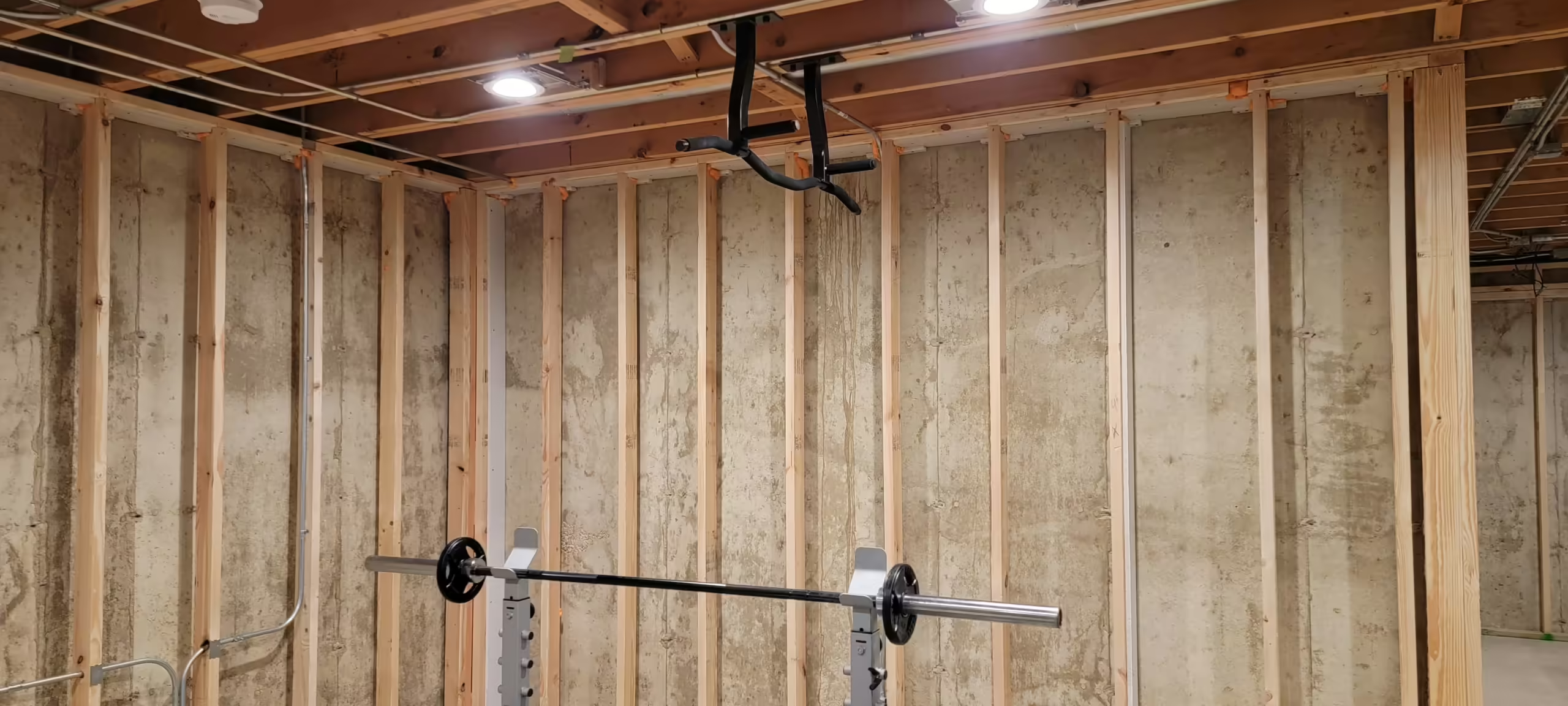 Basement Insulation
Basement Insulation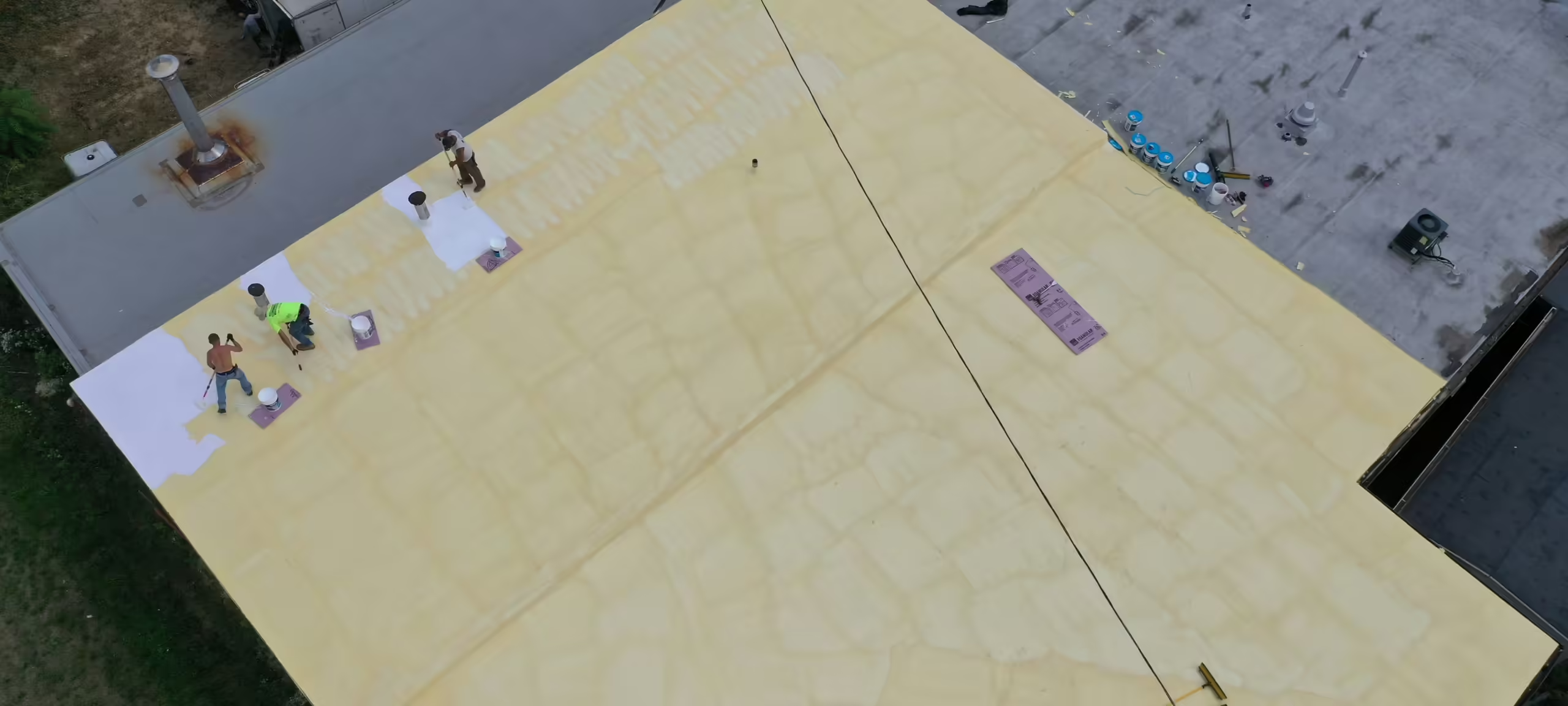 Commercial Insulation
Commercial Insulation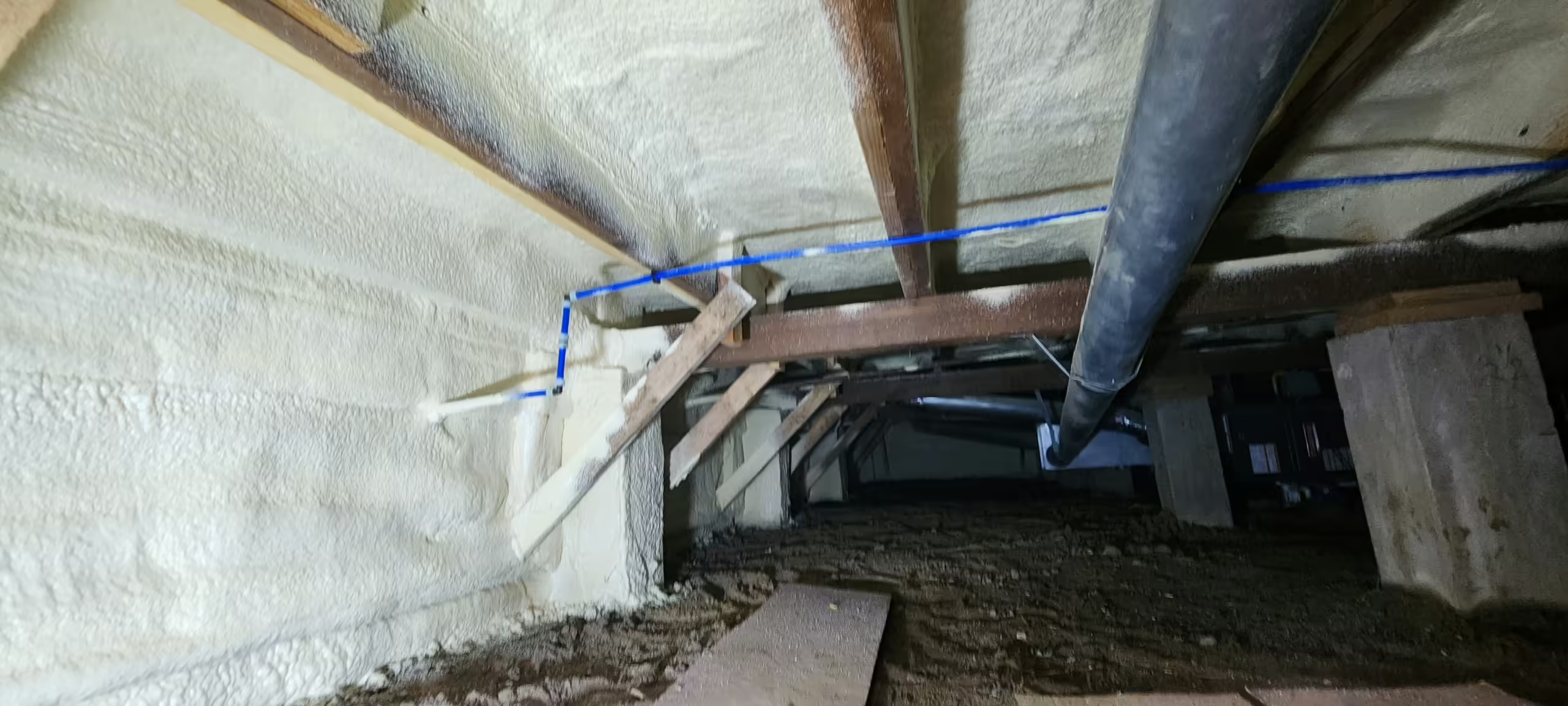 Crawl Space Insulation
Crawl Space Insulation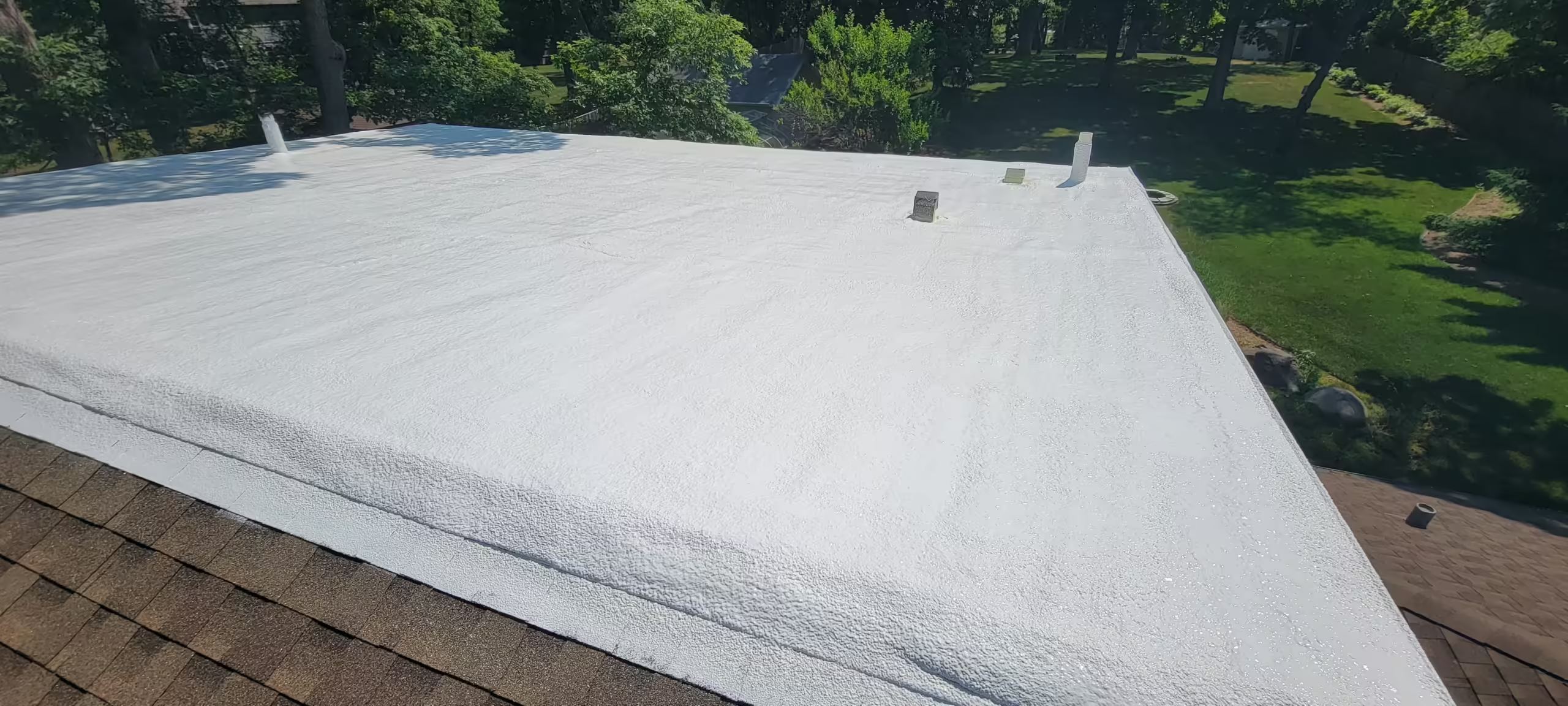 Exterior Wall Insulation
Exterior Wall Insulation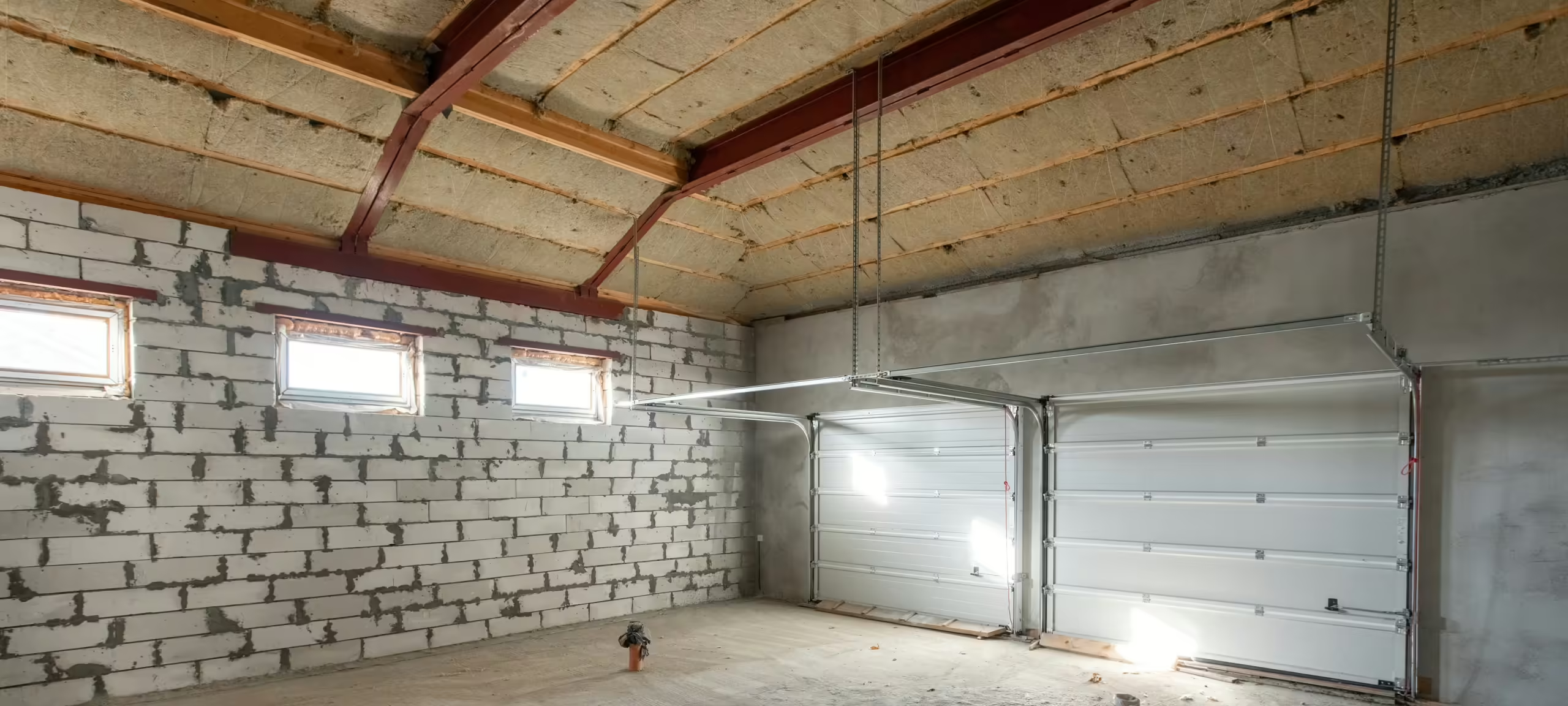 Garage Insulation
Garage Insulation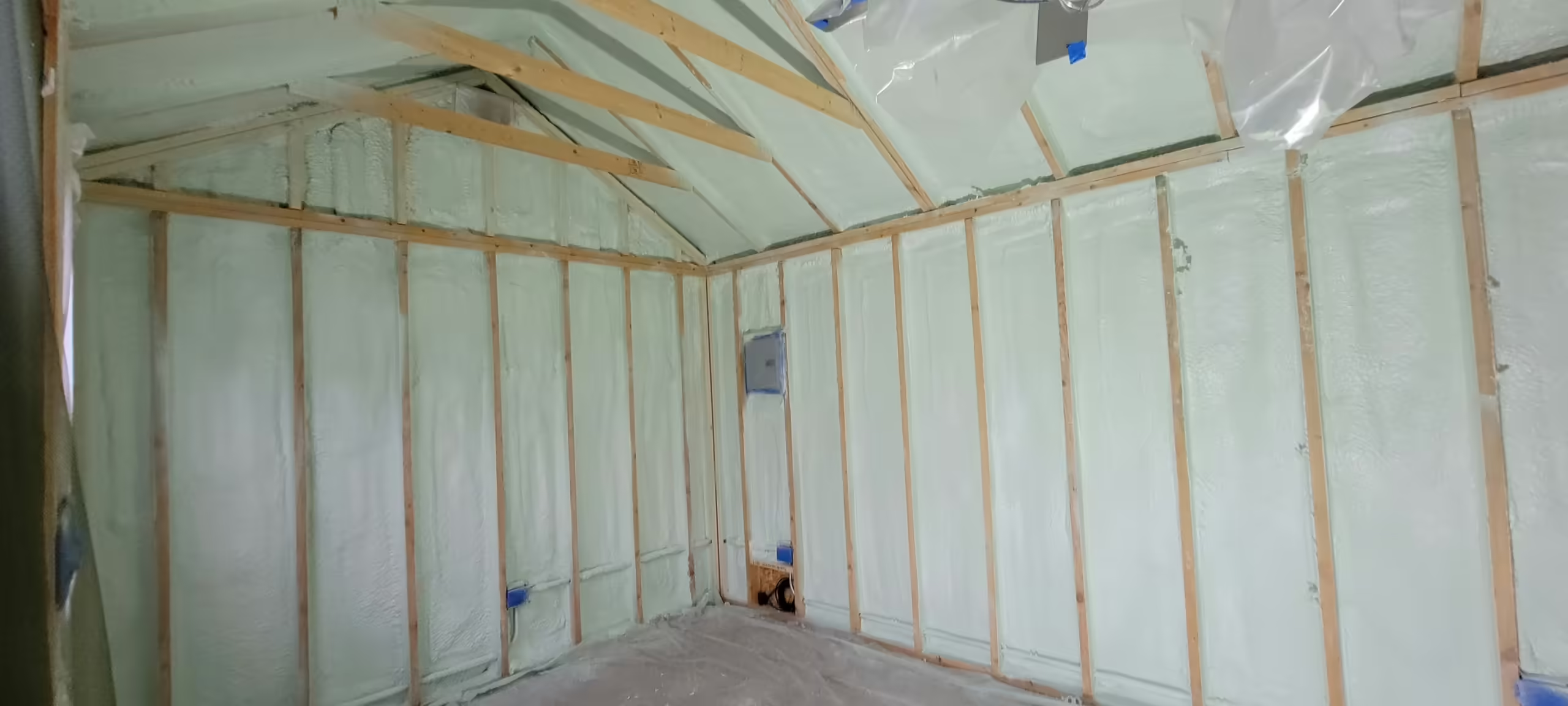 Interior Wall Insulation
Interior Wall Insulation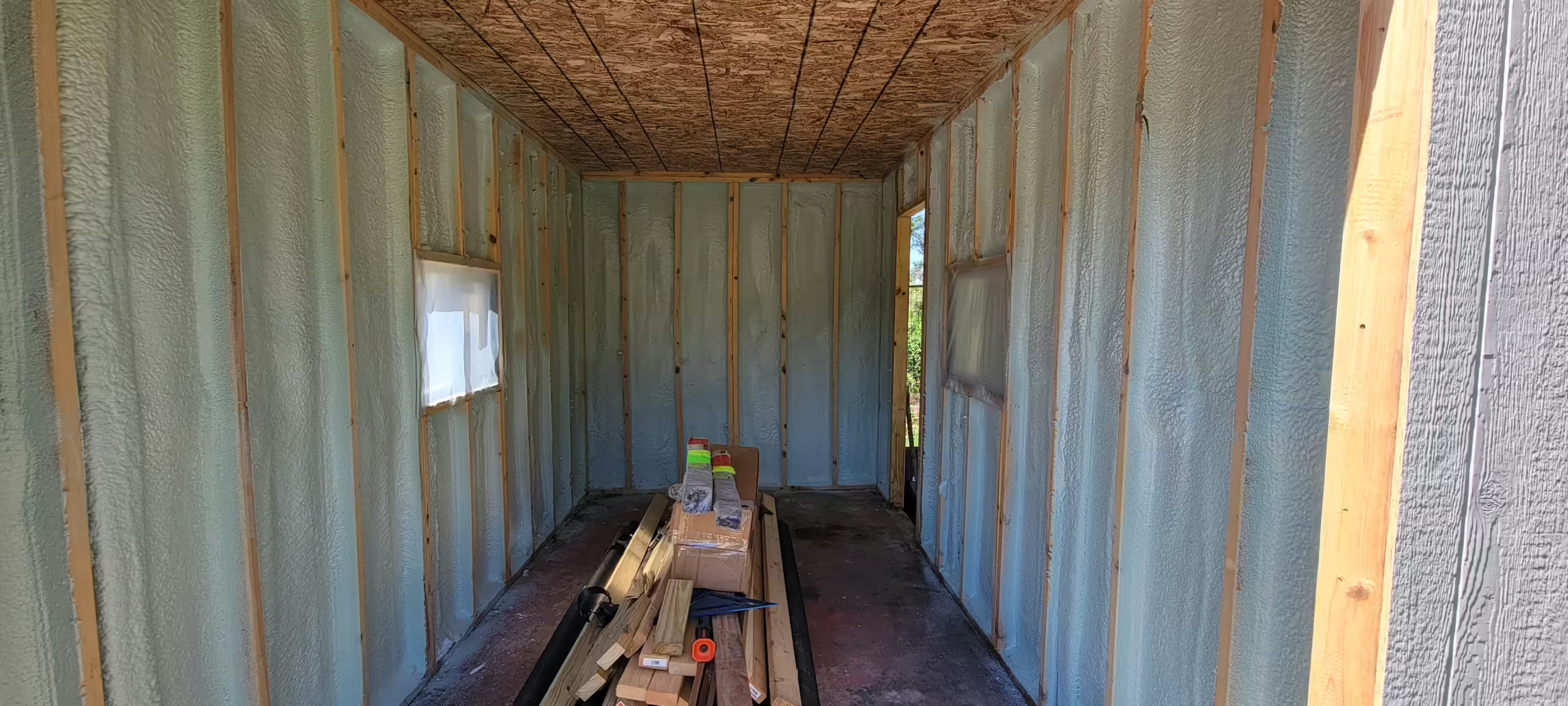 Shed Insulation
Shed Insulation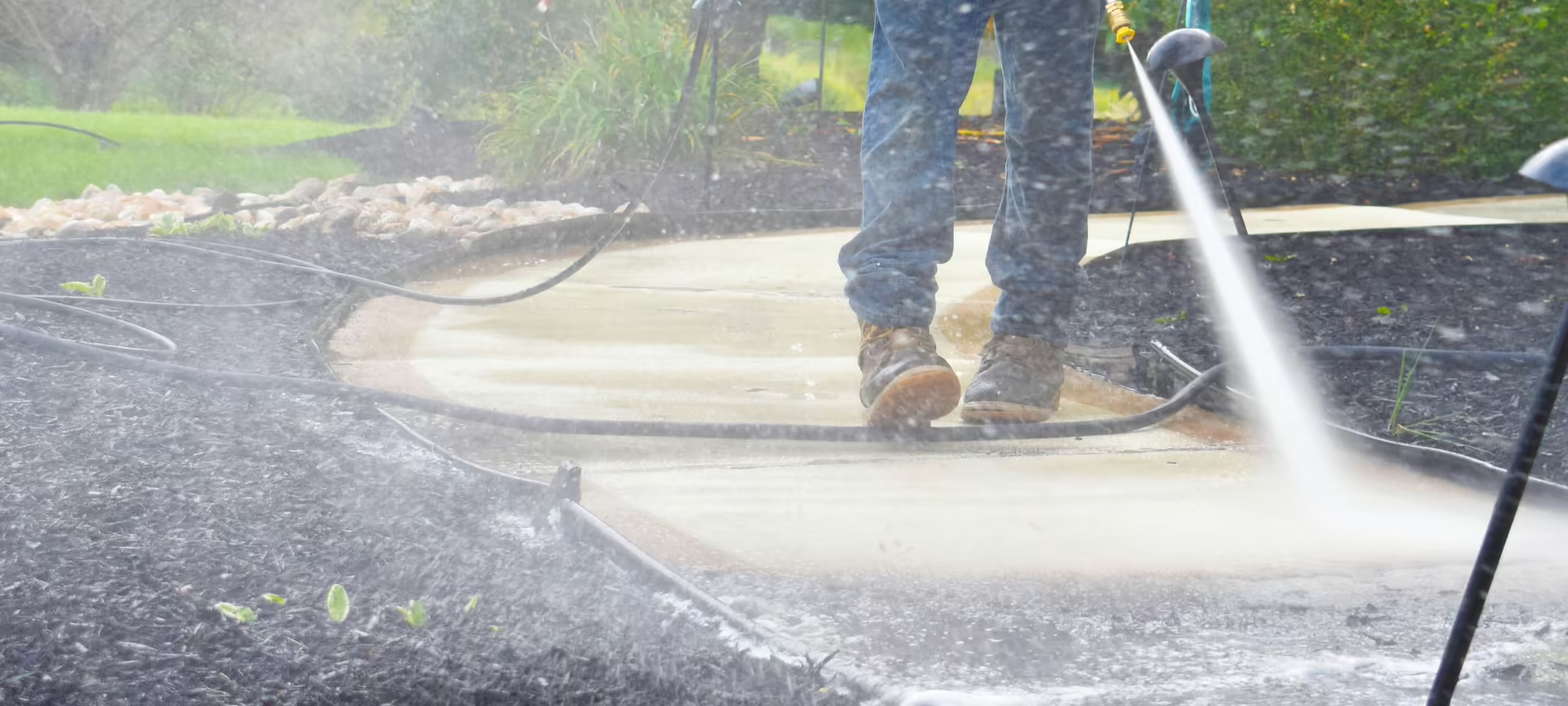 Power Washing
Power Washing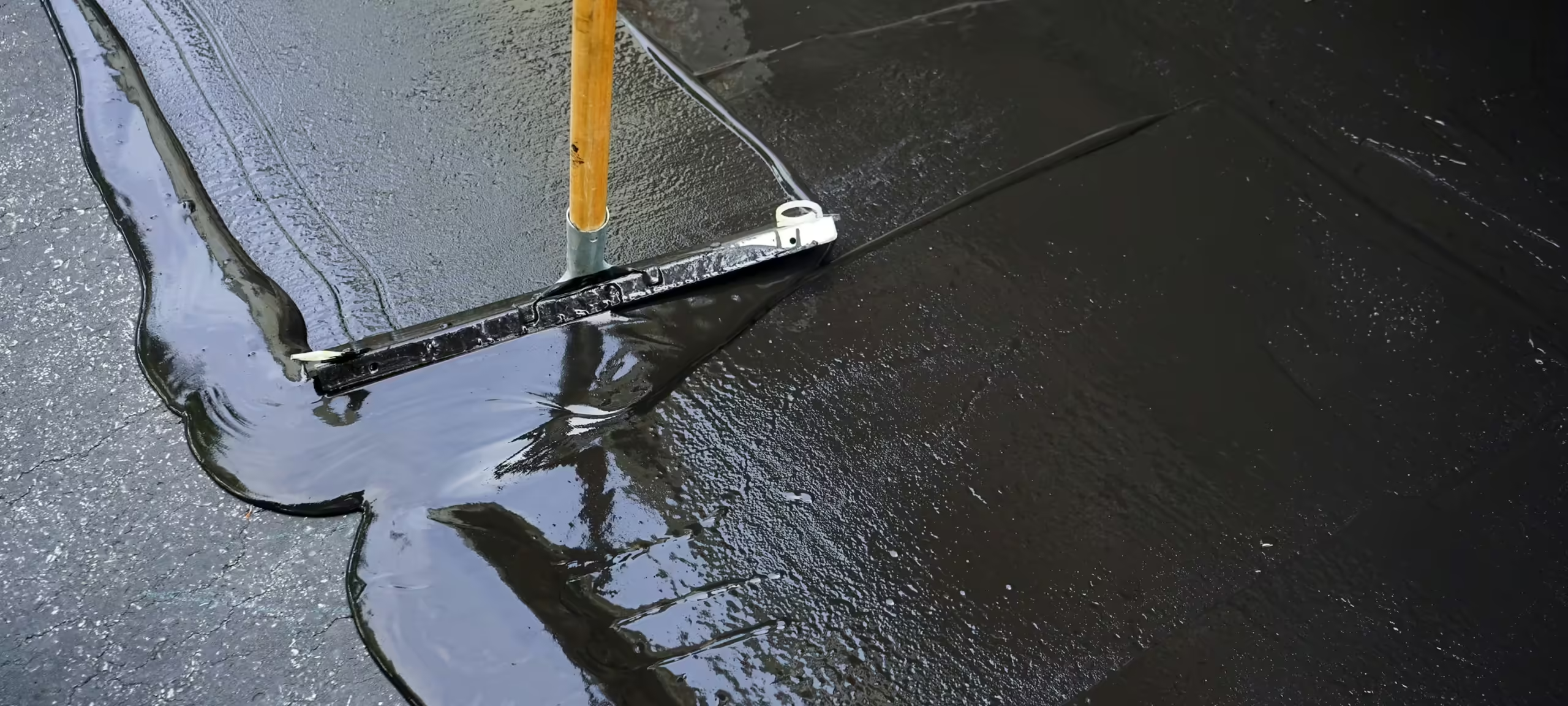 Sealcoating
Sealcoating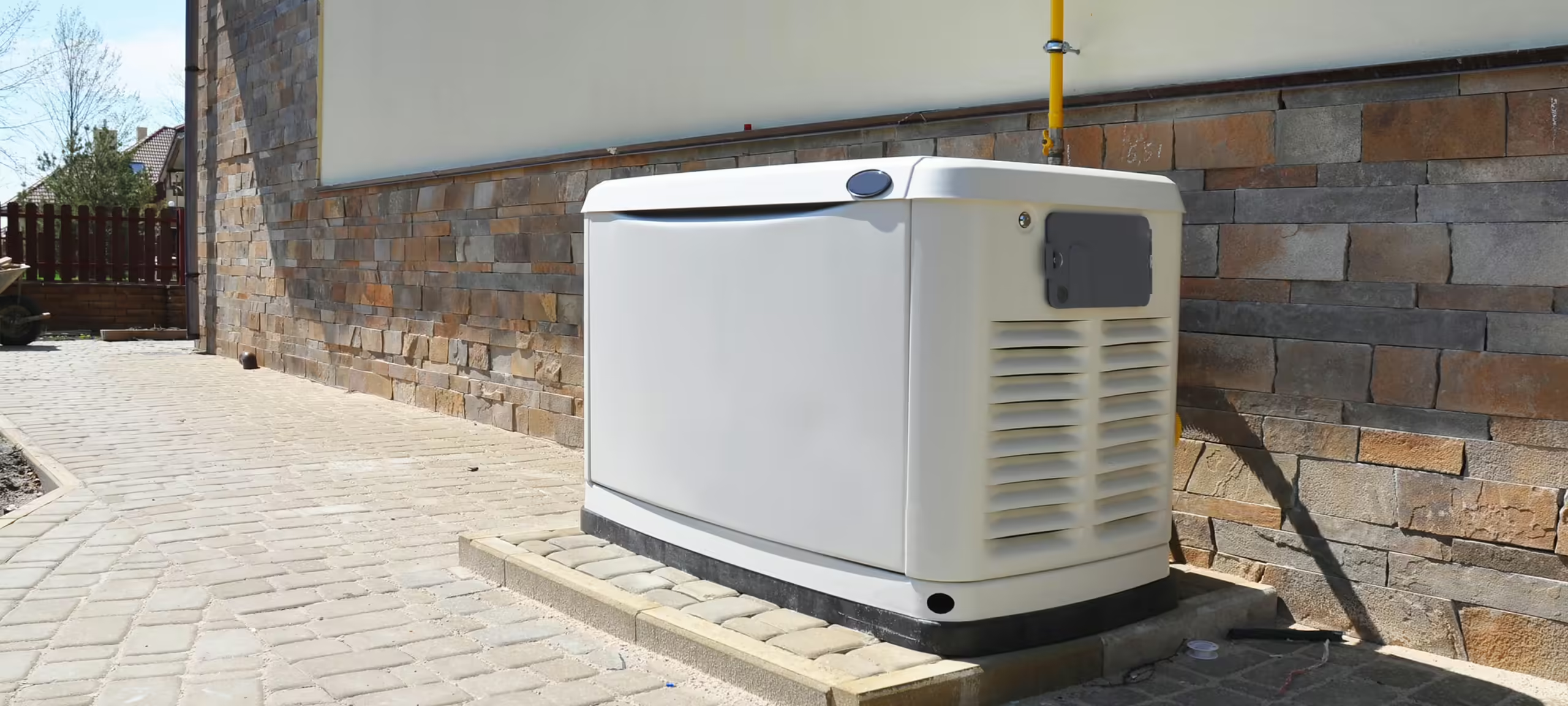 Backup Power Generators
Backup Power Generators Lake County Insulation
Lake County Insulation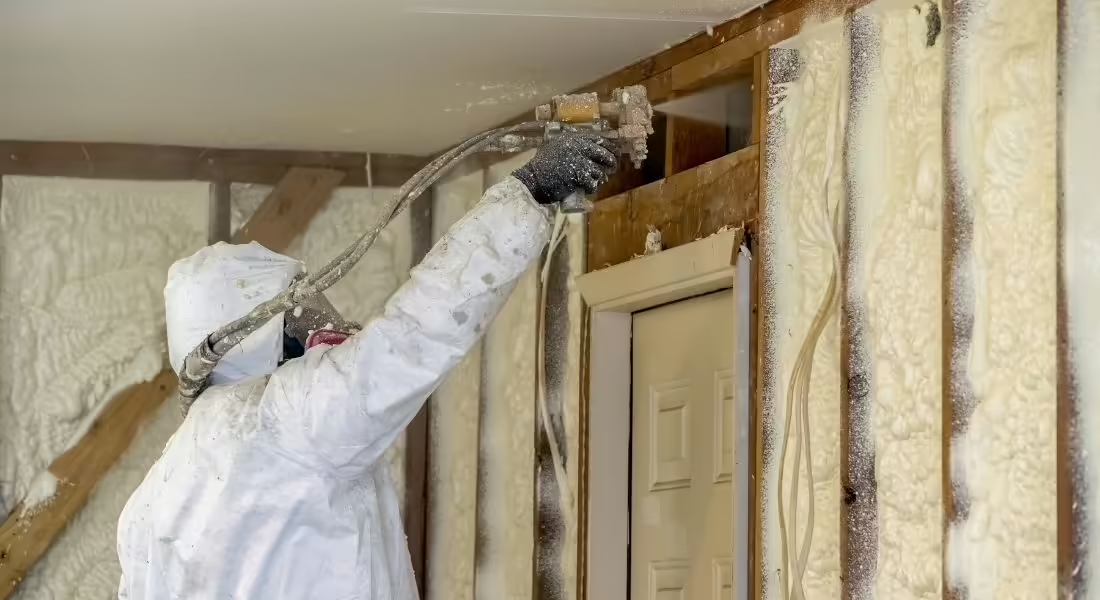 Spray Foam Insulation Guides
Spray Foam Insulation Guides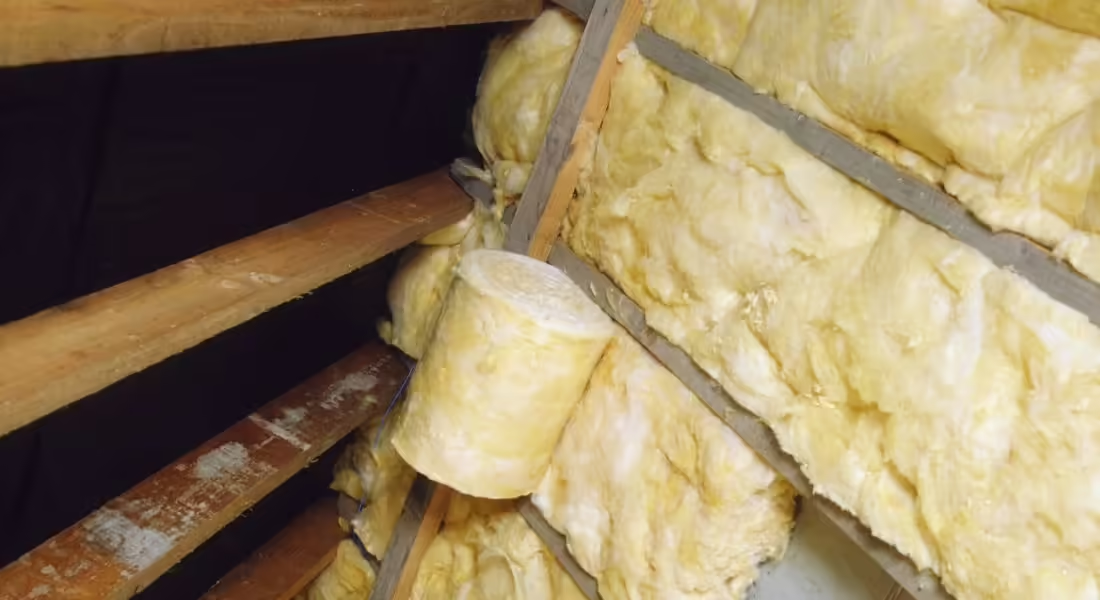 Insulation Guide
Insulation Guide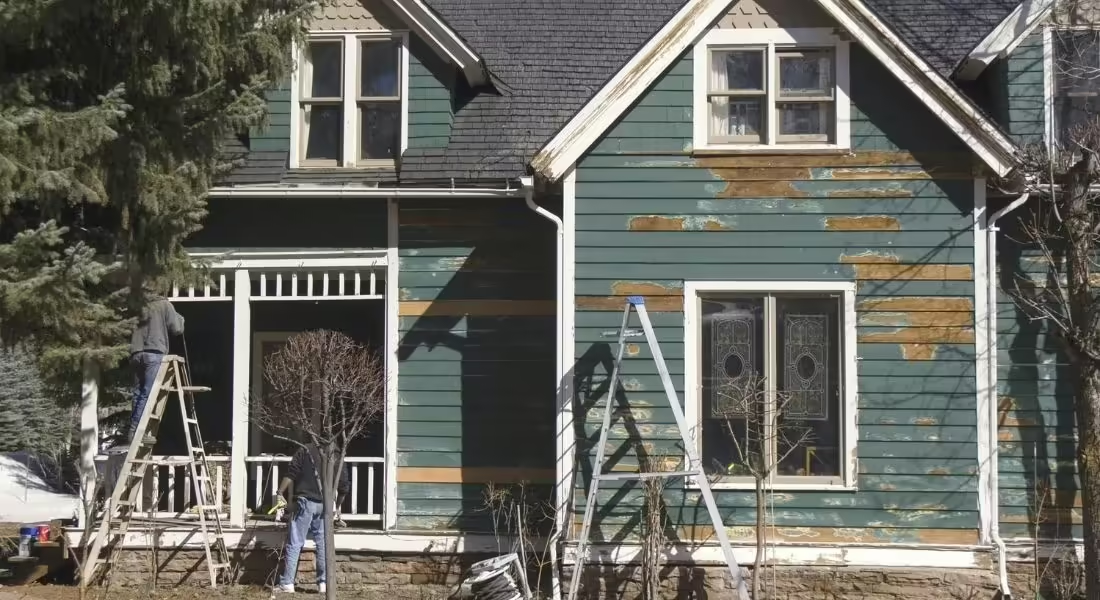 Home Improvement & Maintenance Guide
Home Improvement & Maintenance Guide